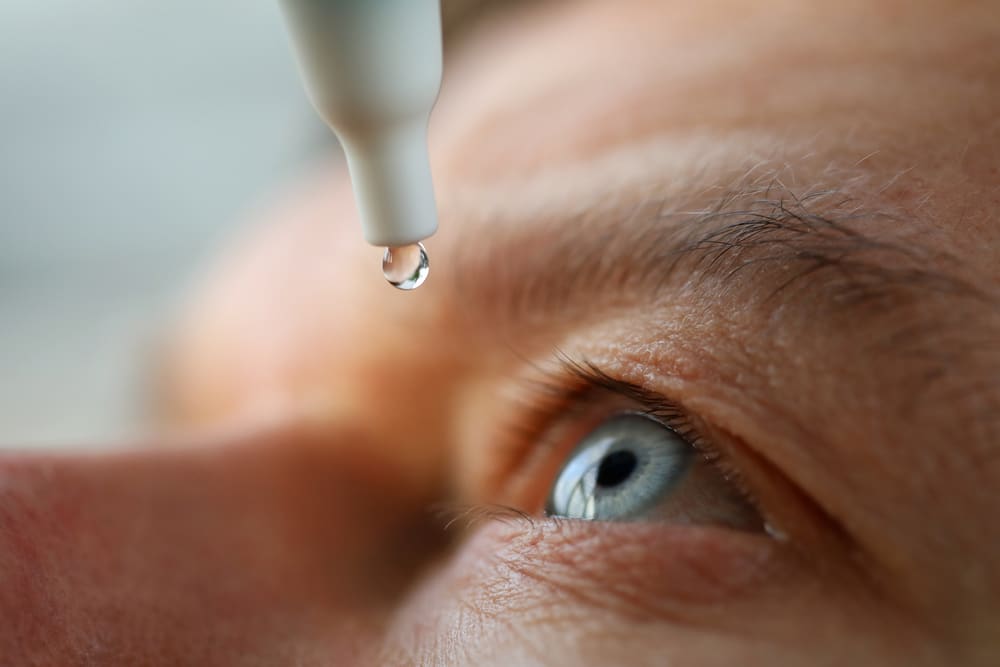Protocol for a second phase 3 clinical trial for a treatment for neurotrophic keratopathy (NK) – a degenerative disease of the corneal epithelium resulting from impaired corneal innervation, has been submitted.
RegeneRx Biopharmaceuticals reported that its U.S. joint venture partner and licensee, HLB Therapeutics, together called ReGenTree, made the submission to the U.S. Food and Drug Administration (FDA) on September 26 evaluating RGN-259 as a treatment for neurotrophic keratopathy.
In July, HLB announced that it signed a contract with a global contract research organization (CRO) to simultaneously conduct SEER-2 as the second phase 3 clinical trial in the U.S. and SEER-3 as the third phase 3 clinical trial in the U.S. and Europe to obtain an approval for NK treatment as soon as possible.
ReGenTree’s clinical study recruitment
The clinical study design of SEER-2 and SEER-3 is based on the results of the first phase 3 clinical trial (SEER-1), where the number of subjects was relatively small, but good results were obtained. In the SEER-2 and SEER-3 studies, approximately 70 patients will be recruited in each study to evaluate efficacy, in particular complete healing after four weeks treatment.
ReGenTree is seeking clinical trial sites by contacting more than 70 ophthalmic hospitals and clinics and aims to start at its first site in November this year (2022).
For the SEER-3 clinical trial, which will be conducted simultaneously in the U.S. and Europe, the study site selection process is ongoing by ReGenTree among 80 candidate sites in six European countries, and preparation of applications to be filed through CTIS (Clinical Trials Information System) is also underway.
Neurotrophic keratopathy: a degenerative disease
NK is a degenerative disease that reduces the sensitivity of the cornea and in severe cases worsens to corneal perforation, and is a rare disease that occurs in about five per 10,000 people in the U.S. So far, the only treatment approved is Italian pharma company, Dompé’s Oxervate, a recombinant form of human nerve growth factor whose cost is extremely high for eight weeks of treatment.
The RGN-259 previously received an orphan drug designation for the treatment of NK from the FDA, and the company says a distinguished difference from many rare diseases is that the market is very significant. It says that due to the prevalence of NK patients who must be treated despite the high cost of drugs, the market is expected to be USD $324 million in 2027. One of the goals in SEER-2 and SEER-3 is to successfully complete treatment within four weeks.
ReGenTree plans to drastically shorten the development period of RGN-259 by conducting the two phase 3 clinical trials in the U.S. and Europe simultaneously rather than sequentially. Therefore, HLB Therapeutics is focusing all of its capabilities to achieve the possibility of applying for FDA Biologics License Application in 2025 as an ultimate goal in its NK project.
Dry eye syndrome
RGN-259 is a sterile, preservative-free, eye drop developed to reduce damage and improve healing for various ophthalmic indications including dry eye syndrome and neurotrophic keratopathy.
To date, over 1,700 subjects have received RGN-259 indicating various degrees of efficacy in both dry eye disease and NK. RGN-259 has shown to be quick-acting, well-tolerated and does not have the documented side effects of other approved pharmaceutical products for these indications.
Thymosin beta 4, the active pharmaceutical ingredient of RGN-259, that has demonstrated various mechanisms of action, including promotion of cell migration, cytoprotection, wound healing, and anti-inflammatory properties.





